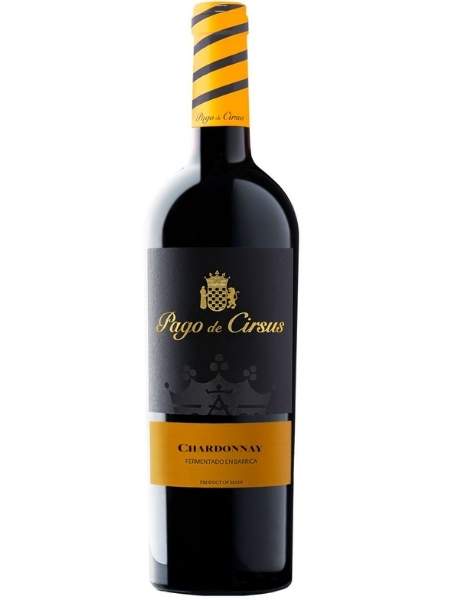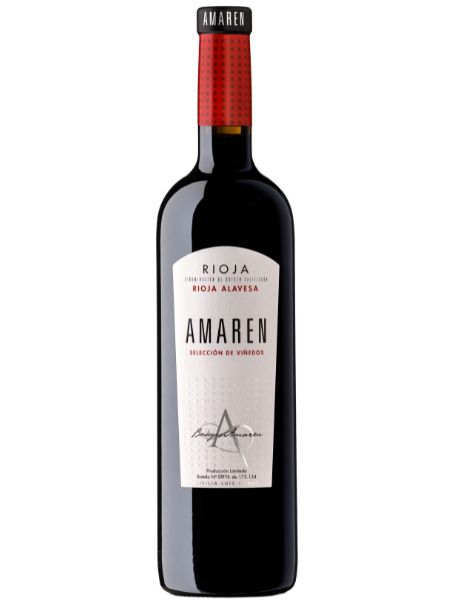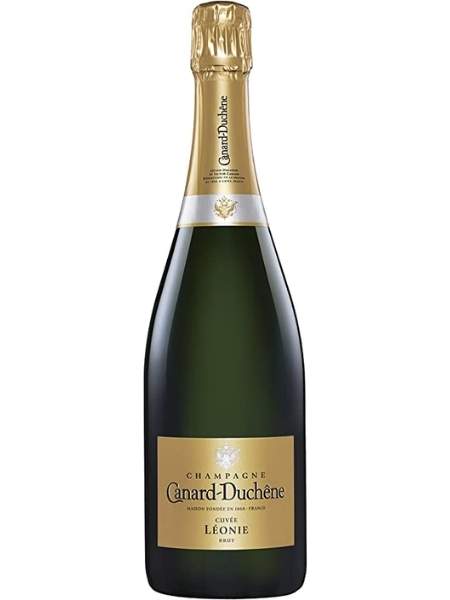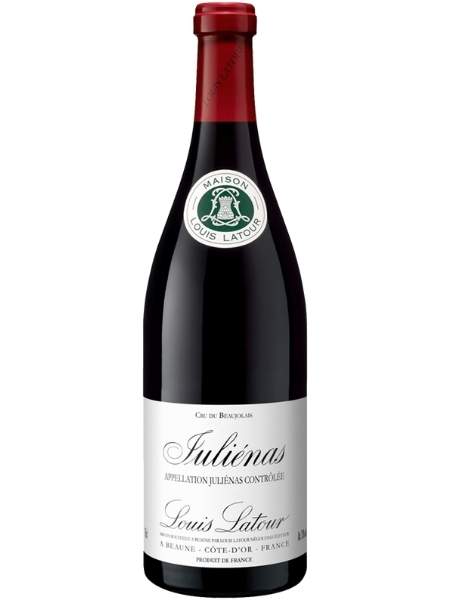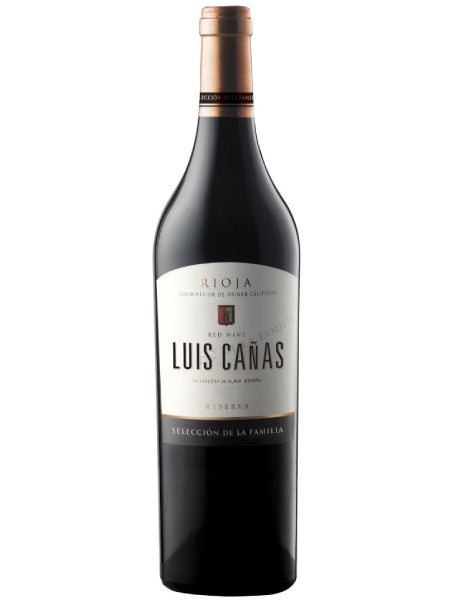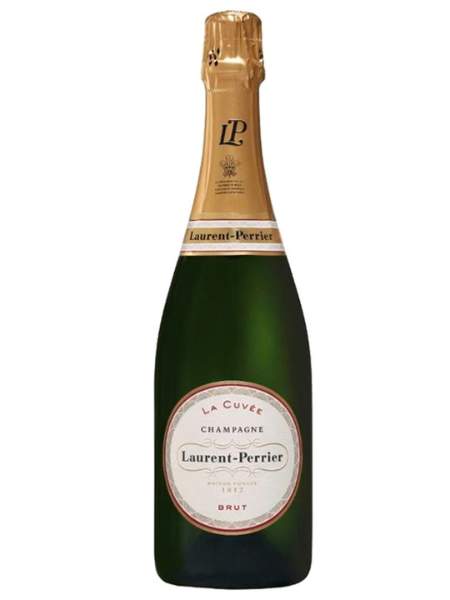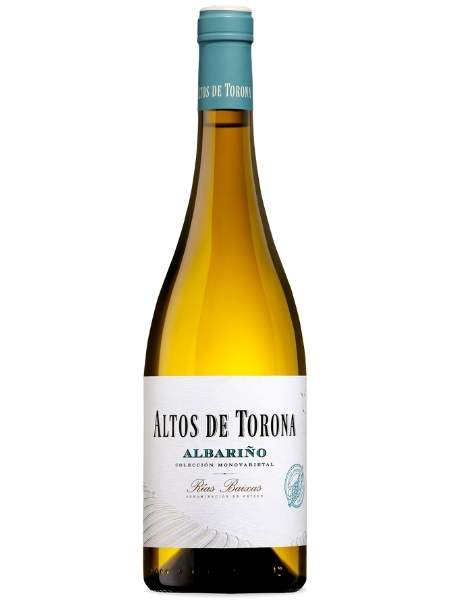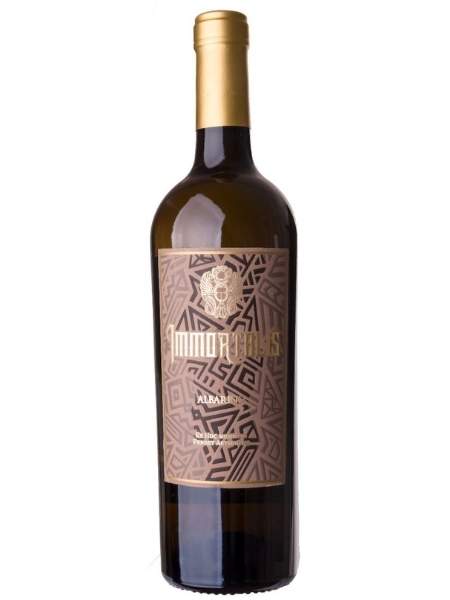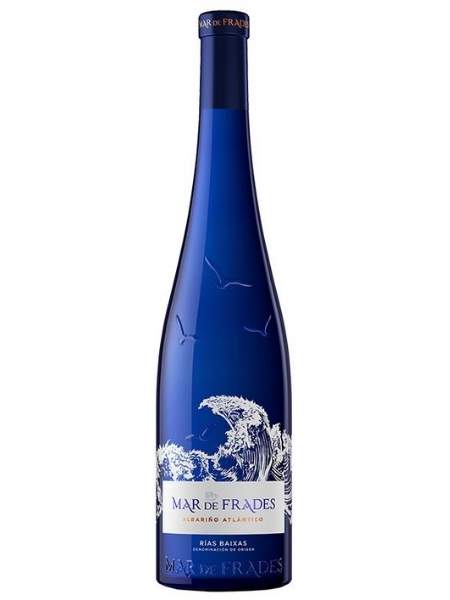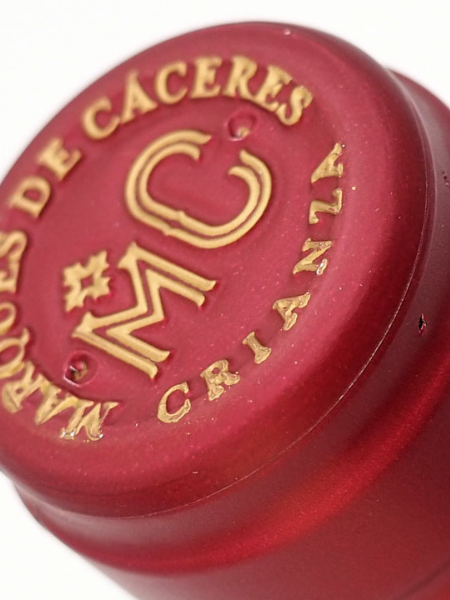
Organic wines… The new way of drinking?

The clinking of glasses and the crisp pour of a new bottle of wine have long been heralds of fine dining, relaxation, and social enjoyment. Yet, amidst a global movement towards more sustainable living, a new trend has taken root in the world of wine enthusiasts – organic wines. But are these eco-conscious beverages merely a trend, or do they represent a significant shift in the way we think about wine?
Understanding Organic Wines
What exactly makes a wine "organic"? At its core, organic winemaking is about returning to traditional practices, eschewing synthetic chemicals and harnessing the virtues of natural processes. Organic vineyards prioritize soil health, rely on natural composting, and use beneficial insects for pest control.
The Benefits of Choosing Organic Wines
Going organic isn't just about following a trend; it's about commitment to health and the environment. By choosing organic wines, consumers can enjoy products free from pesticides and herbicides, while also supporting wineries that care for their land and the ecosystems they inhabit.
Sustainability in Winemaking
Eco-Friendly Practices in Vineyards
Sustainable winemaking goes hand in hand with organic practices. Vigilant protection of biodiversity, water conservation, and reducing carbon footprints are crucial components of this approach. Through methods such as cover cropping and hand harvesting, organic vineyards maintain ecological harmony and contribute to a healthier planet.
The Environmental Impact and Wine Quality
The Environment Ministry reports that organic vineyards often have richer, more biologically diverse soils, which many argue leads to a higher quality grape – and, by extension, a finer wine. With the preservation of the environment being a key driving force, these eco-friendly methods do seem to influence the wine's character, adding another dimension to its story.
Taste and Quality
How Organic Practices Influence Taste
Organic wines come from grapes untouched by synthetic pesticides, resulting in clean, expressive flavours that reflect their terroir – the natural environment in which they were grown. Wine connoisseurs might detect subtle differences in the profile of an organic wine, often described as more 'authentic' or 'vibrant' in taste.
Comparing Organic and Conventional Wines
While the world is steadily diversifying its palate, conventional wines still hold a significant market share. However, as awareness grows, the comparison often leans towards organic labels, with many consumers reporting a noticeable difference in both taste and the way they feel after sipping on an organic versus a conventional bottle.
Recommendations and Pairings
To assist those new to organic wines or looking to broaden their horizons, it's helpful to offer specific recommendations. Consideration of body, acidity, and flavour complexity can aid in perfect pairings, bringing forth an even greater appreciation of organic wines. Seasonal, locally sourced foods enhance the sustainable nature of the meal and deliver a sensory delight.
Pair a crisp Chardonnay with a light, herbed chicken dish, or a robust Merlot alongside a hearty, organic beef stew.
Conclusion
Ultimately, organic wines represent more than a passing whim – they symbolize a conscientious choice for both individuals and the environment. Beyond the allure of tasting the untainted expression of a vineyard, opting for an organic bottle supports sustainable agriculture and offers a cleaner, potentially more wholesome wine experience. For the eco-conscious consumer who also adores the splendour of wine, organic is more than a label; it's a statement.
Raise your glasses to a better world – one sip of organic wine at a time.
---
Indulge in our curated selection of organic wines and discover the sustainable path to sipping excellence. Visit our eco-friendly wines collection and push the boundaries of your wine palate today.






